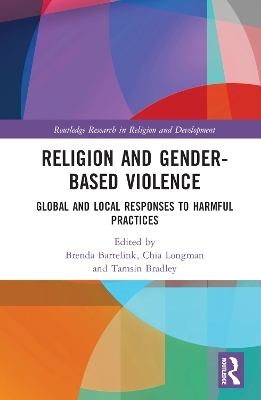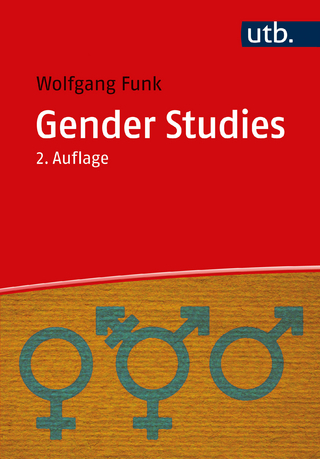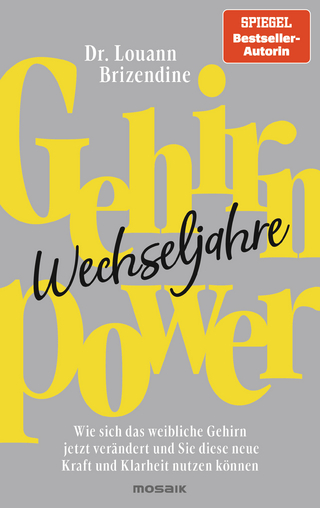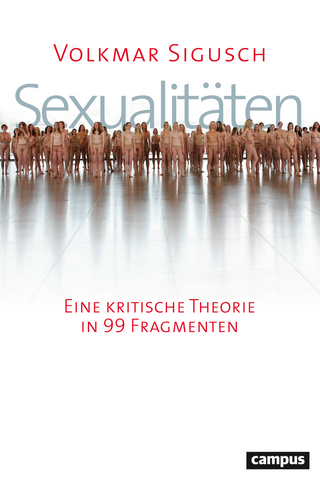
Religion and Gender-Based Violence
Routledge (Verlag)
978-1-032-15870-9 (ISBN)
This book takes religion as an entry point for a deeper exploration into why practices of gender-based violence continue and what possible actions might help to contribute to their eradication.
International donors are committed to reducing and ending gender-related harm, particularly violence against women, but clear answers as to why harmful practices persist are often slow to emerge. Theological research struggles to find strong links, yet religion is often referred to by local people as the reason for practices such as female cutting, male circumcision, early and forced marriage, nutritional taboos and birth practices, mandatory (un)veiling, harmful spiritual practices, polygamy, gender unequal marital and inheritance rights and so-called honour crimes. This book presents empirical cases of religious, non-religious and secular actors, including local and international governmental and non-governmental agencies in the fields of development, health and equality policies. Tracing their different understandings of how religion is entangled with gender-based violence both contextually as well as historically, the book sheds light on helpful and unhelpful as well as erroneous and harmful understandings of such practices in local and global perspectives.
Centralising the perspectives of women themselves, this book will be an important read for development practitioners and policy makers, as well as for researchers across religious studies, gender studies, and global development.
Brenda Bartelink is assistant professor at the Faculty of Theology and Religious Studies, University of Groningen Netherlands. Chia Longman is associate professor of Gender Studies and the director of the Centre for Research on Culture and Gender, Ghent University, Belgium. Tamsin Bradley is professor of International Development at the University of Portsmouth, UK.
Chapter 1. Gender, Religion, and Harm: Conceptual and Methodological Reflections. Brenda Bartelink, Chia Longman, & Tamsin Bradley Chapter 2. The Impact of Covid on Efforts to Reduce FGM and Child Marriage: Understanding the intersections between Religion, Gender, and Culture. Tamsin Bradley and Jane Rita Meme Chapter 3. Cousin Marriage Among Turkish and Moroccan Dutch: Debates on Medical Risk and Forced Marriage Oka Storms & Edien Bartels Chapter 4. The Implications of the Securitisation of Mosques for Transformative Masculine Attitudes Towards Harmful Cultural Practices in the UK Tamsin Bradley and Ottis Mubaiwa Chapter 5. Izzat and Forced Marriage in the Constructing of Cultural and Religious Identities in the UK Sukhbinder Hamilton Chapter 6. Harm and Consent in the Socio-Legal Perspectives on Child Marriage in Iran Ladan Rahbari Chapter 7. Understanding the Nexus of Religion, Secularism, and the Harms of Women’s Mandatory Un/Covering Sarah Fischer Chapter 8. Normative Violence, Traditional Healing, and Harm Regarding Same-Sex Relations Among Women in Mozambique Maria Judite Chipenembe , Chia Longman , & Gily Coene Chapter 9. The Contradictory Role of the Protestant Church in Changing Female Genital Cutting Among the Maasai: An Ethnographic Exploration Hannelore Van Bavel Chapter 10. So Is It All Just About Sex? Religion and Recognising Harmful Practices in the Need to Control Female Sexuality Elisabet le Roux Chapter 11. 'Faith-full' Reflections from a Civically Minded, Radically Inclusive, Other Azza Karam
| Erscheinungsdatum | 30.08.2022 |
|---|---|
| Reihe/Serie | Routledge Research in Religion and Development |
| Verlagsort | London |
| Sprache | englisch |
| Maße | 156 x 234 mm |
| Gewicht | 439 g |
| Themenwelt | Sozialwissenschaften ► Soziologie ► Gender Studies |
| Sozialwissenschaften ► Soziologie ► Spezielle Soziologien | |
| ISBN-10 | 1-032-15870-0 / 1032158700 |
| ISBN-13 | 978-1-032-15870-9 / 9781032158709 |
| Zustand | Neuware |
| Informationen gemäß Produktsicherheitsverordnung (GPSR) | |
| Haben Sie eine Frage zum Produkt? |
aus dem Bereich


